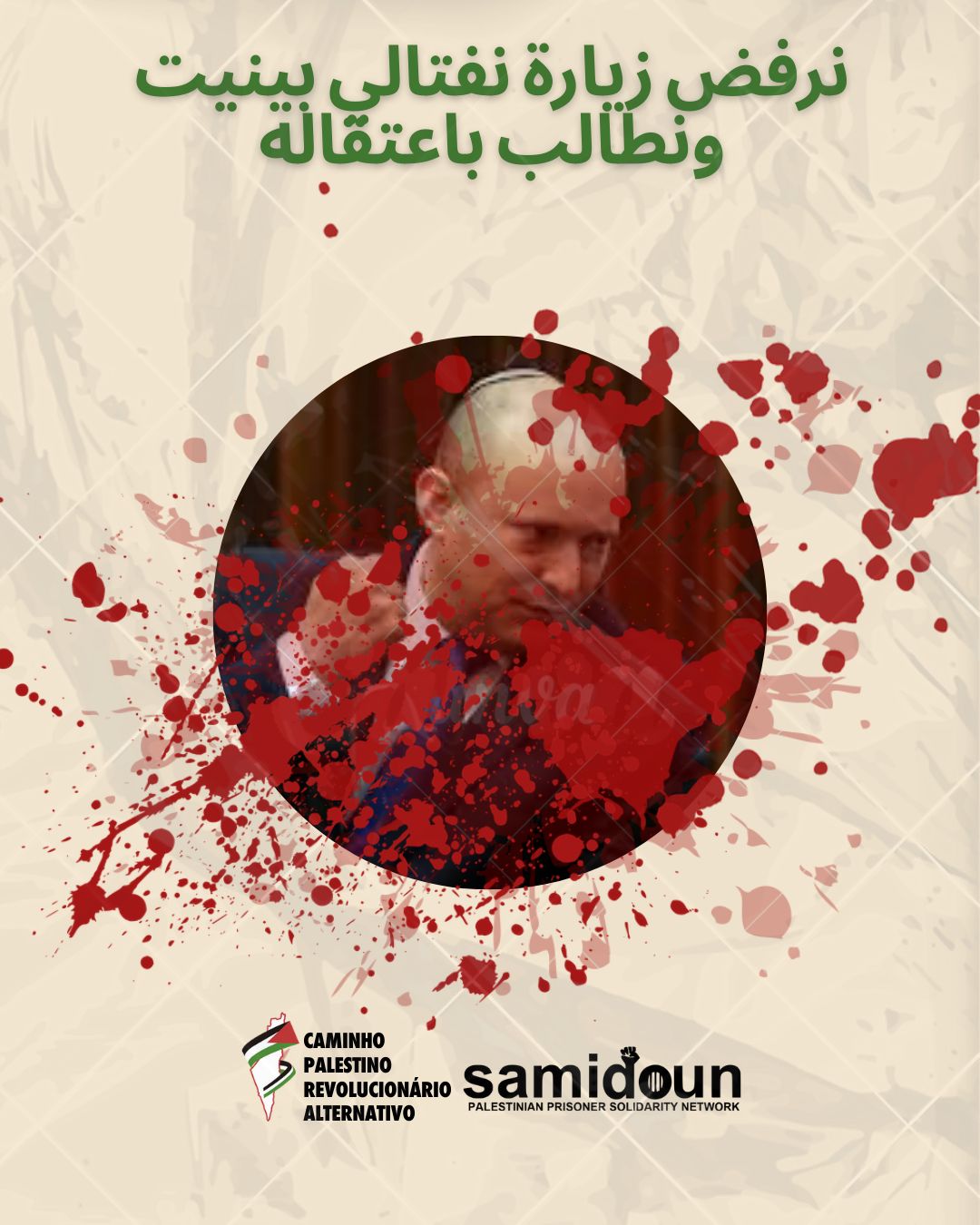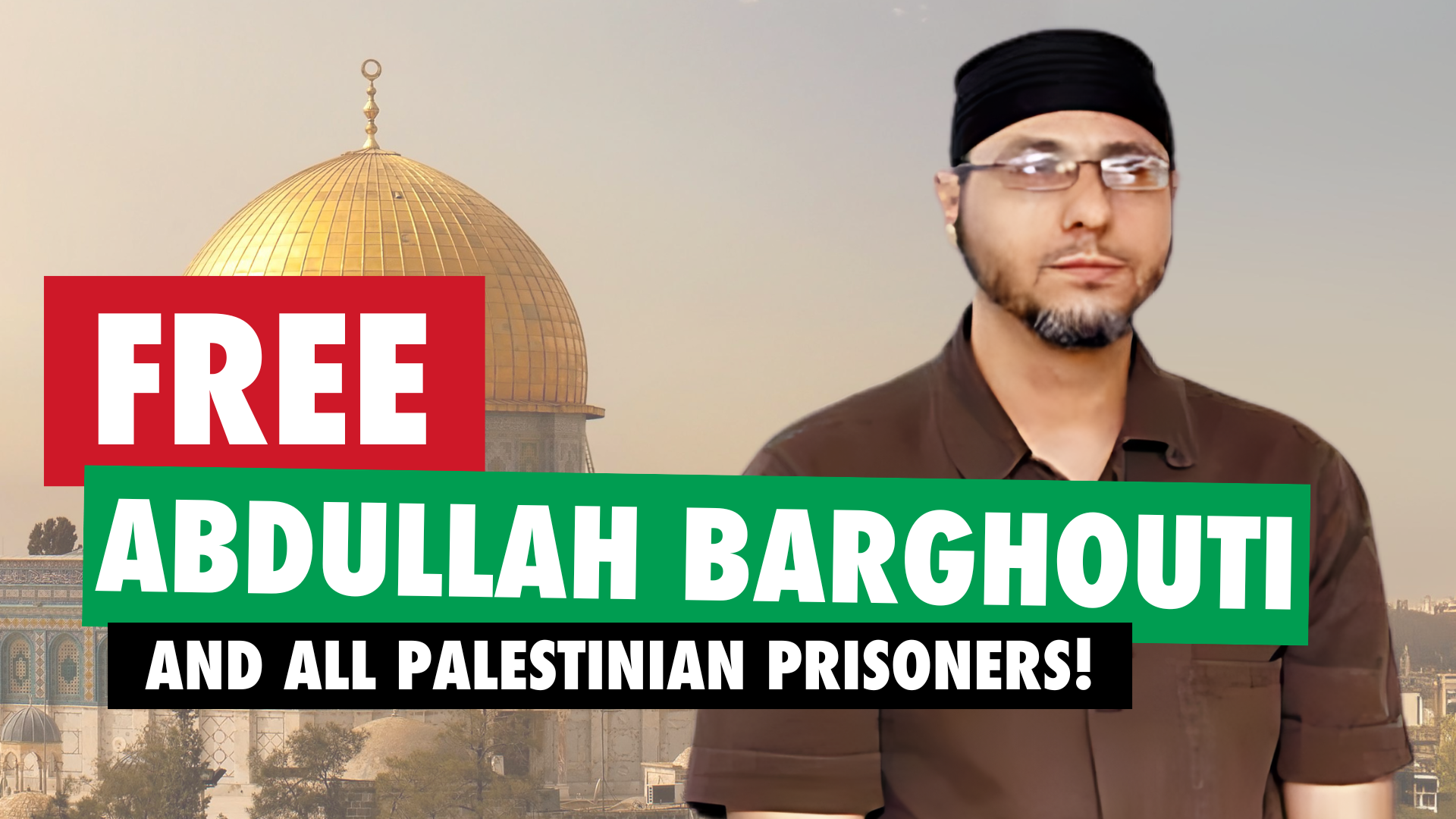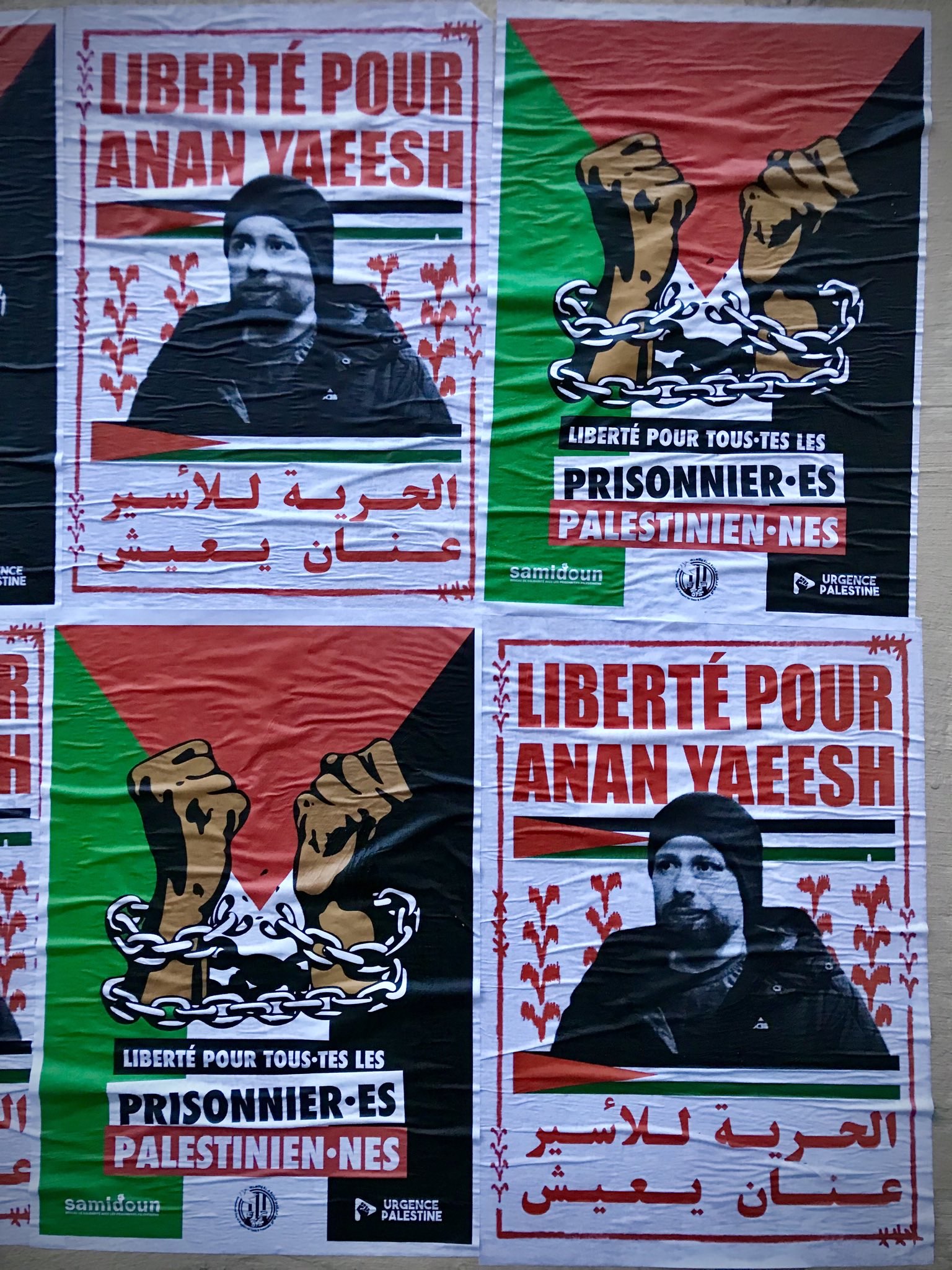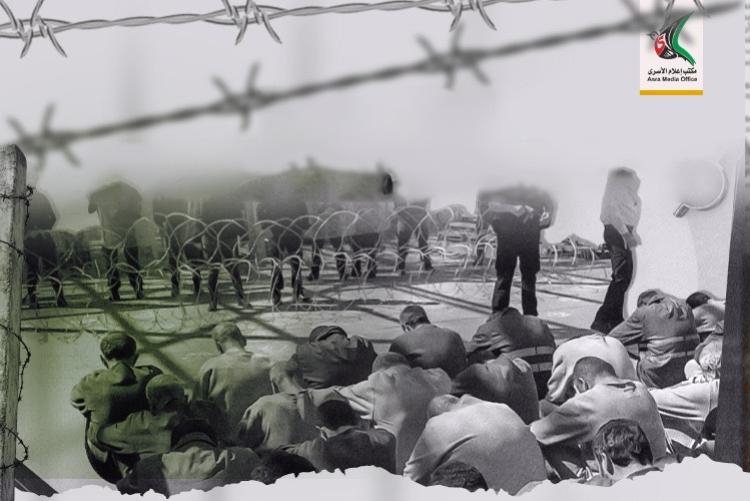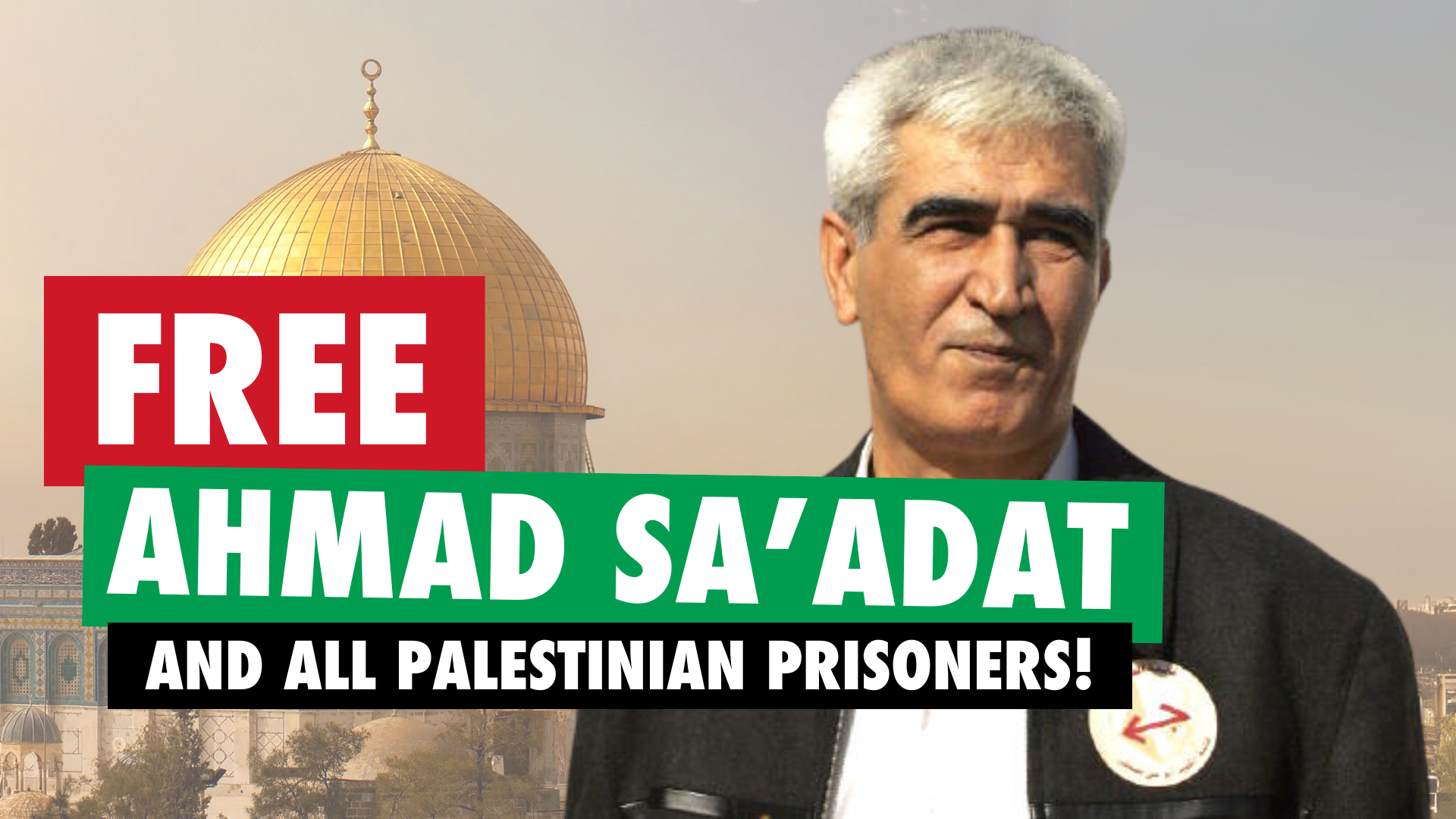
Ahmad Sa’adat, the 72-year-old imprisoned Palestinian national leader and General Secretary of the Popular Front for the Liberation of Palestine, was beaten by occupation jailers as he was transferred from isolation in Megiddo prison to isolation in Ganot prison. This is the most recent documented incident of torture the Palestinian prisoners’ leadership, following the exposure of the repeated attacks on Abdullah Barghouti, as well as similar assaults on Hassan Salameh, Ahed Abu Ghoulmeh, Ibrahim Hamed, Muammar Shahrour, Abbas al-Sayyed, Marwan Barghouti, Mohammed Arman, Muhannad Shreim., and other prominent imprisoned Palestinians that the Zionist occupation regime refuses to release.
The Asra Media Office reported that immediately upon his transfer to isolation in Ganot prison (the complex of the Ramon and Nafha prisons, where many of the leadership prisoners are held), he was brutally beaten upon his arrival. Sa’adat’s family told the Asra Media Office that they had visited him in Megiddo prison in early November, after which he was transferred to Ganot. He had already experienced a sharp loss of weight, as part of the ongoing policy of starvation imposed on the Palestinian prisoners — side by side with its imposition in Gaza — and his cell in Megiddo isolation was repeatedly raided by jailers as he was threatened and harassed.
In March 2025, he had been subjected to another assault, after he was transferred from isolation in Ramon prison to Megiddo. After he was beaten, he was placed in the prison yard, his head covered with a blanket, for three hours. He has contracted the dangerous skin disease, scabies, which has been deliberately allowed to run rampant in the Zionist prisons, on several occasions. Palestinian prisoners are denied changes of clothes and blankets, as well as access to basic hygiene items. Rather than being treated for scabies, imprisoned Palestinians suffering from infections are isolated; on many occasions, Palestinians have been deliberately held with those with scabies in order to spread the disease. The treatment of Palestinians imprisoned with scabies exemplifies not only the policy of medical neglect, but also the deliberate medical and health abuse by the occupation jailers.
These attacks are part and parcel of the policy of “slow assassination” pursued against the Palestinian prisoners’ leadership inside the occupation prisons. As Zionist politicians, including the infamous fascist Minister of Internal Security Itamar Ben-Gvir, in charge of the occupation prisons, further their draft “law” for the execution of Palestinian prisoners, they continue to seek to legitimize the existing practice of extrajudicial killing inside the occupation jails.
The imprisoned leadership prisoners are singled out for severe abuse, particularly as they represent widely admired and respected figures within the Palestinian prisoners’ movement and within society as a whole, are representatives of the Palestinian resistance, and exemplify the commitment of the Palestinian people to achieve their liberation by any means necessary. Sa’adat has been isolated on many occasions during his imprisonment by the occupation, and wrote a book, “Echoes of the Shackles,” focusing on this experience.
The isolation wing of Ganot prison is particularly dangerous, as Palestinians held there are not only denied family visits routinely but almost all lawyer visits are also denied. Many of the leaders of the prisoners’ movement have been transferred there, subjected to systematic beatings, torture and abuse, without the ability to expose the crimes against them.
Palestinian prisoners, especially the over 1468 Palestinians abducted from Gaza by invading genocidal forces currently held in the occupation military camps and prisons, in addition to the thousands of Palestinians from Gaza who have been liberated by the Resistance, are routinely subjected to physical and psychological torture, sexual assault and rape, starvation, denial of medical care, medical neglect, beatings, denial of access to hygiene and sanitation needs, denial of family and legal visits. Over 83 names of Palestinians martyred in the occupation prisons in the past two years have been released, while a new report revealed that at least 98 Palestinians have been martyred in the prisons; however, hundreds of Palestinians’ bodies returned to Gaza show clear signs of being imprisoned and restrained, killed through torture or extrajudicial execution.
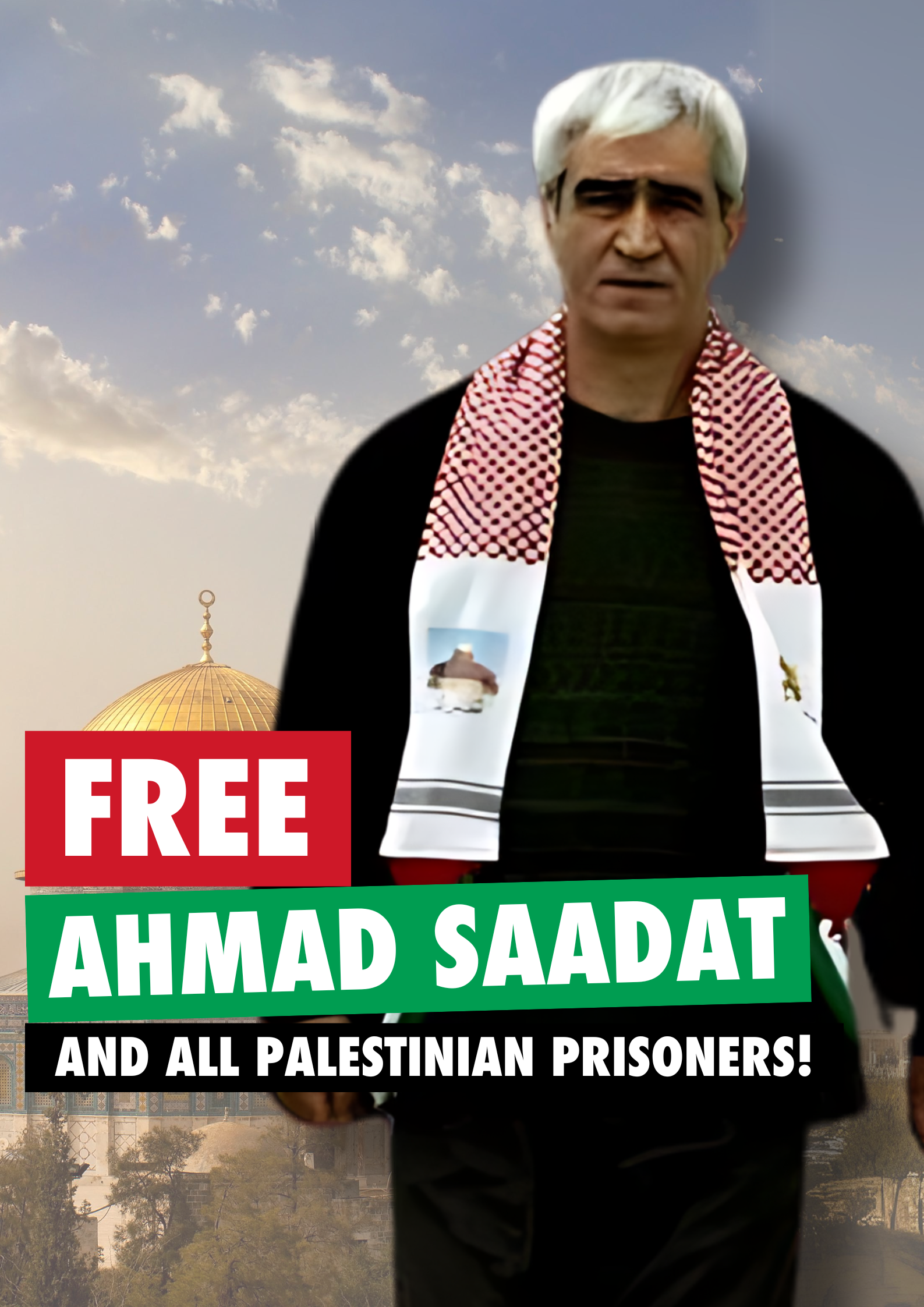 Sa’adat has been sentenced to 30 years in Zionist prisons for a range of “security-related” political offenses. These charges include membership in a prohibited organization (the PFLP, of which Sa’adat is General Secretary), holding a post in a prohibited organization, and incitement, for a speech Sa’adat made following the Israeli assassination of his predecessor, Abu Ali Mustafa, in August 2001, in which he declared “an eye for an eye, a tooth for a tooth.” In retaliation for the murder of Abu Ali Mustafa, on 17 October 2001, fighters from the PFLP’s armed wing assassinated Rehavam Ze’evi, the notoriously far-right, racist Tourism Minister in Ariel Sharon’s Israeli government, in the Hyatt hotel in Jerusalem.
Sa’adat has been sentenced to 30 years in Zionist prisons for a range of “security-related” political offenses. These charges include membership in a prohibited organization (the PFLP, of which Sa’adat is General Secretary), holding a post in a prohibited organization, and incitement, for a speech Sa’adat made following the Israeli assassination of his predecessor, Abu Ali Mustafa, in August 2001, in which he declared “an eye for an eye, a tooth for a tooth.” In retaliation for the murder of Abu Ali Mustafa, on 17 October 2001, fighters from the PFLP’s armed wing assassinated Rehavam Ze’evi, the notoriously far-right, racist Tourism Minister in Ariel Sharon’s Israeli government, in the Hyatt hotel in Jerusalem.
Born in 1953, Sa’adat is the child of refugees expelled from their home in the village of Deir Tarif, near Ramleh, in the Nakba of 1948. A math teacher by training, he is married to Abla Sa’adat, herself a noted activist, and is the father of four children. He has been involved in the Palestinian national movement since 1967, when he became active in the student movement. He was elected General Secretary of the PFLP following the assassination of Abu Ali Mustafa.
On 15 January 2002, Sa’adat attended a meeting with “Palestinian Authority” security chief Tawfiq Tirawi under false pretenses, from which he was abducted and taken to the Muqata’a compound in Ramallah, then-PA President Yasser Arafat’s headquarters, as part of “security coordination” with the Zionist regime. In a deal involving the Zionist regime, Britain and the U.S., Sa’adat was then held in a Palestinian Authority prison in Jericho for over four years under the oversight of U.S., Canadian and British guards along with Ahed Abu Ghoulmeh, Majdi Rimawi, Hamdi Qur’an, Basil al-Asmar and Fouad Shobaki. The director of the US/British “supervision” of the prisoners at Jericho Prison formerly ran the infamous Maze Detention Center for Britain in the occupied North of Ireland, where Irish republican prisoners were held, and another British official there was later involved in creating the “White Helmets” in Syria.
In January 2006, he was elected to the Palestinian Legislative Council on the Abu Ali Mustafa slate. These were the famous PLC elections won by the Change and Reform bloc, aligned with Hamas, the Islamic Resistance Movement. On 14 March 2006, days before Ismail Haniyeh was to take office as prime minister — after making a clear commitment in the electoral campaign to free Palestinian prisoners held in PA jails under “security coordination” — the Zionist military stormed that prison at Jericho as the U.S., British and Canadian guards stepped away to aid the assault. They killed two Palestinian guards and abducted Sa’adat and five fellow prisoners and took them to occupation military prisons.
He was arrested by the Israeli occupation on numerous occasions, notably in 1970, 1973, 1975, 1976, 1989 and 1992 for a total of 10 years of detention.
In 1993, he was elected to the Political Bureau of the PFLP and became responsible for the West Bank sector in 1994. In this context, he was arrested several times between 1994 and 1996 by the Palestinian Authority as part of security coordination with the Israeli occupation established following the Oslo accords of 1993.
On 25 December 2008, Sa’adat was sentenced to 30 years in the colonial occupation prisons. His lengthy sentence, produced by a Zionist military court, was intended as a mechanism for imprisoning the resistance and the commitment of the Palestinian people to seek freedom, justice, liberation and self-determination. Sa’adat consistently and repeatedly refused to recognize the legitimacy of the illegitimate court, refusing to stand and delivering statements of rejection.
Since that time, he has continued his leadership of the Palestinian prisoners’ movement behind bars. He was held in isolation for nearly three years, and was repeatedly denied family visits. Several major Palestinian prisoners’ hunger strikes, including the September-October 2011 hunger strike and the April-May 2012 hunger strike, placed an end to isolation as a central demand, including an end to the isolation of Sa’adat. Sa’adat was finally released from isolation and returned to the general prison population in late May 2012, following the agreement to end the prisoners’ hunger strike. During the strike, Sa’adat was hospitalized due to the severe physical stress of consuming only salt and water.
He has participated in multiple hunger strikes and collective protests, including the 2015 hunger strike against administrative detention, the 2017 Dignity Strike, the 2016 strike in solidarity with Bilal Kayed, and the 2019 hunger strike.
**
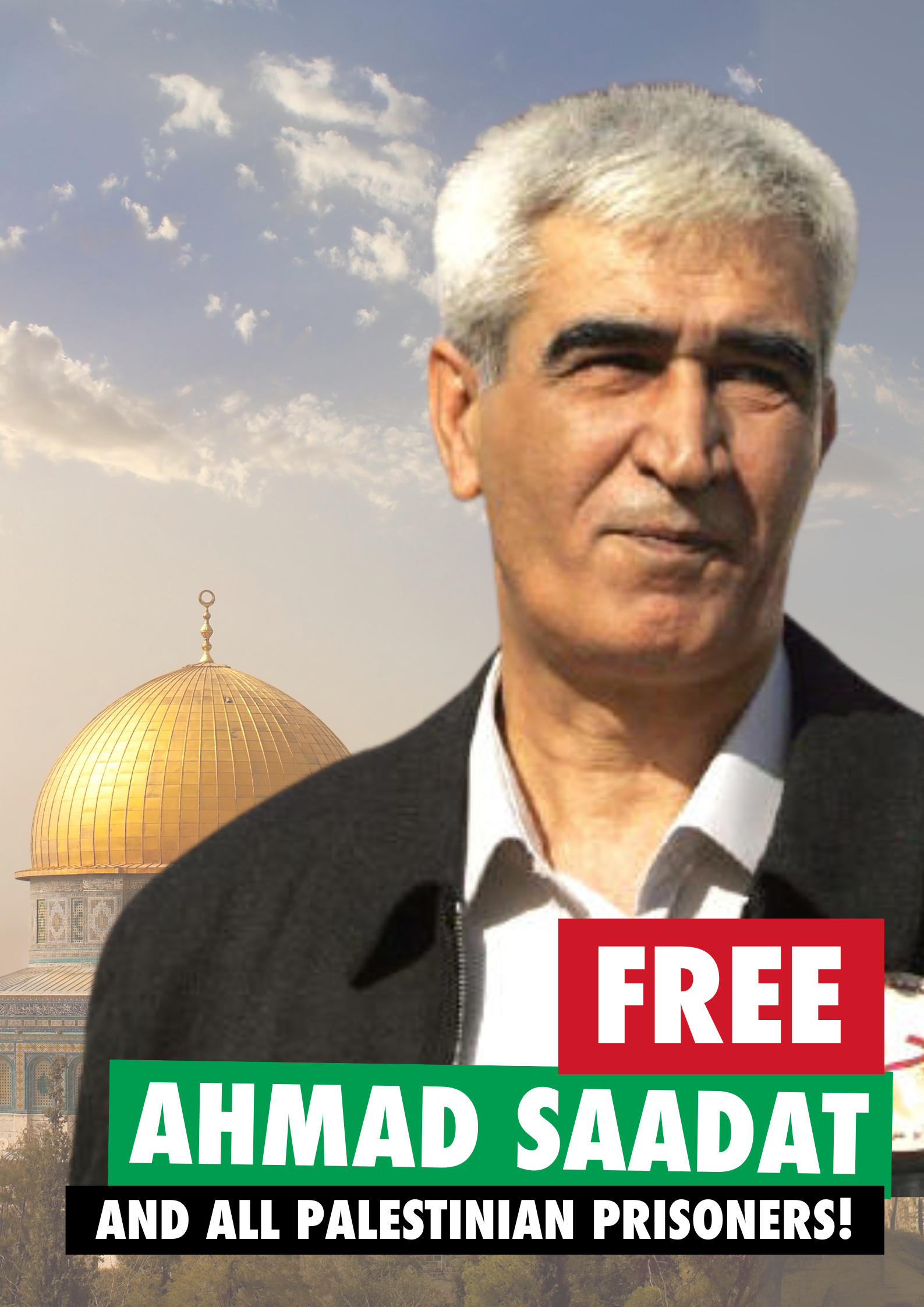 We urge all supporters of Palestine and the Palestinian cause to speak out actively and take action through demonstrations, mass actions and direct actions to confront the abuse of Palestinian prisoners, including Ahmad Sa’adat and fellow Palestinian leaders. The imperialist powers, like the US, Canada, Britain, Germany, France and the Netherlands, that continue to arm, support and provide cover for the Zionist genocidal regime in Gaza and throughout occupied Palestine, are fully implicated in these inhuman actions. This moment is no less urgent than that prior to the “ceasefire”, violated daily by the occupation.
We urge all supporters of Palestine and the Palestinian cause to speak out actively and take action through demonstrations, mass actions and direct actions to confront the abuse of Palestinian prisoners, including Ahmad Sa’adat and fellow Palestinian leaders. The imperialist powers, like the US, Canada, Britain, Germany, France and the Netherlands, that continue to arm, support and provide cover for the Zionist genocidal regime in Gaza and throughout occupied Palestine, are fully implicated in these inhuman actions. This moment is no less urgent than that prior to the “ceasefire”, violated daily by the occupation.
Download:
Today, the Zionist regime is attempting to legitimize its policy of systematic rape, torture and abuse by passing the law of the execution of Palestinian prisoners. It is daily confiscating land and taking the lives of martyrs in the West Bank. It is conspiring with the United States and given free rein by the illegitimate and unjust Security Council resolution passed on 17 November to impose joint imperialist/Zionist occupation on Gaza. It is up to the international movement to not leave the prisoners, the resistance, and the Palestinian people alone to confront this vicious enemy.
Indeed, repressive acts by imperialist powers — such as the US’ and Canada’s sanctions on Samidoun on 15 October 2024— are meant to deprive the Palestinian prisoners’ movement of external support and solidarity, to hide the crimes being committed against them and prevent the perpetrators from being held accountable, and to limit, chill and suppress the growing movement for the liberation of Palestinian prisoners as part and parcel of the liberation of Palestine from the river to the sea. They especially seek to repress this movement as the Palestinian resistance has made clear that it insists upon and is committed to a proper prisoner exchange with dignity to release Palestinian leaders and all Palestinian prisoners in the Zionist jails. The repression in the imperial core is also meant as a mechanism of pressure against the Palestinian people, their prisoners and their Resistance.
Our entire movement must respond collectively to such repression by organizing even more loudly, clearly and effectively to shut down the imperialist-Zionist war machine, to support the Palestinian resistance and all forces of resistance in the region, and to ensure that the Palestinian prisoners are not now and will never be isolated from the Palestinian people, the Arab, Islamic and regional liberation causes, and the international movement for justice.
Freedom for all Palestinian prisoners in occupation jails! Victory to the Resistance!
From the river to the sea, Palestine will be free!


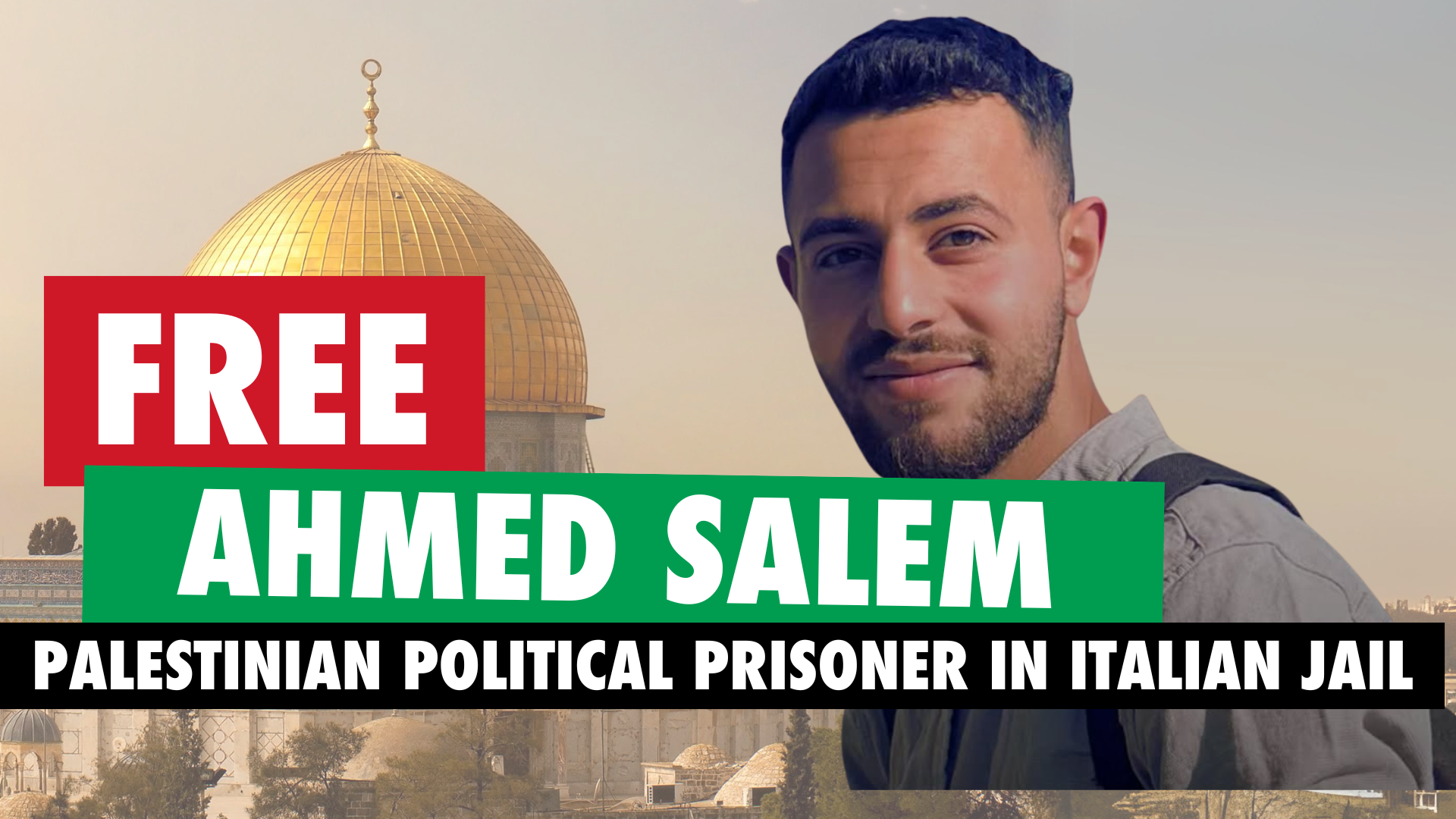
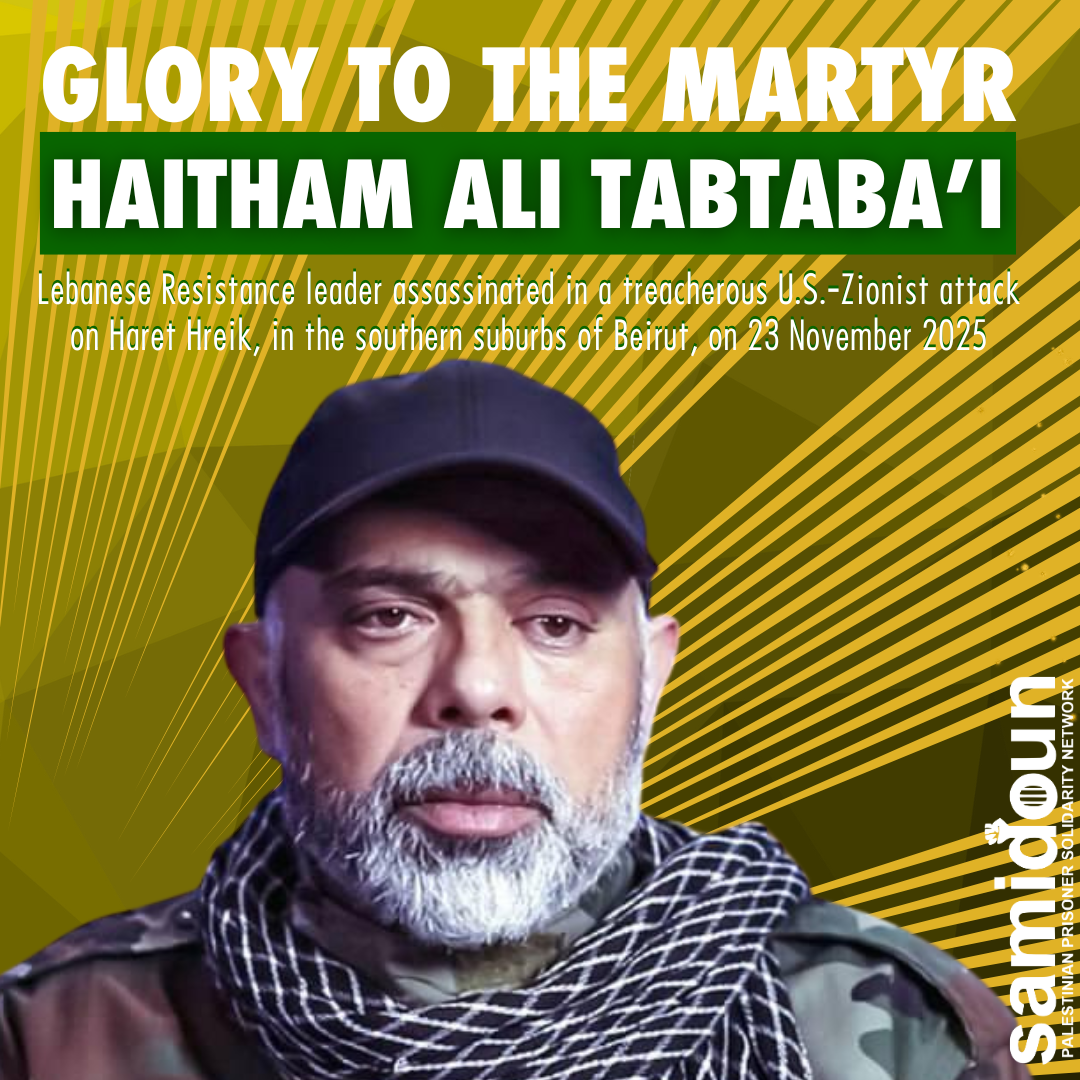
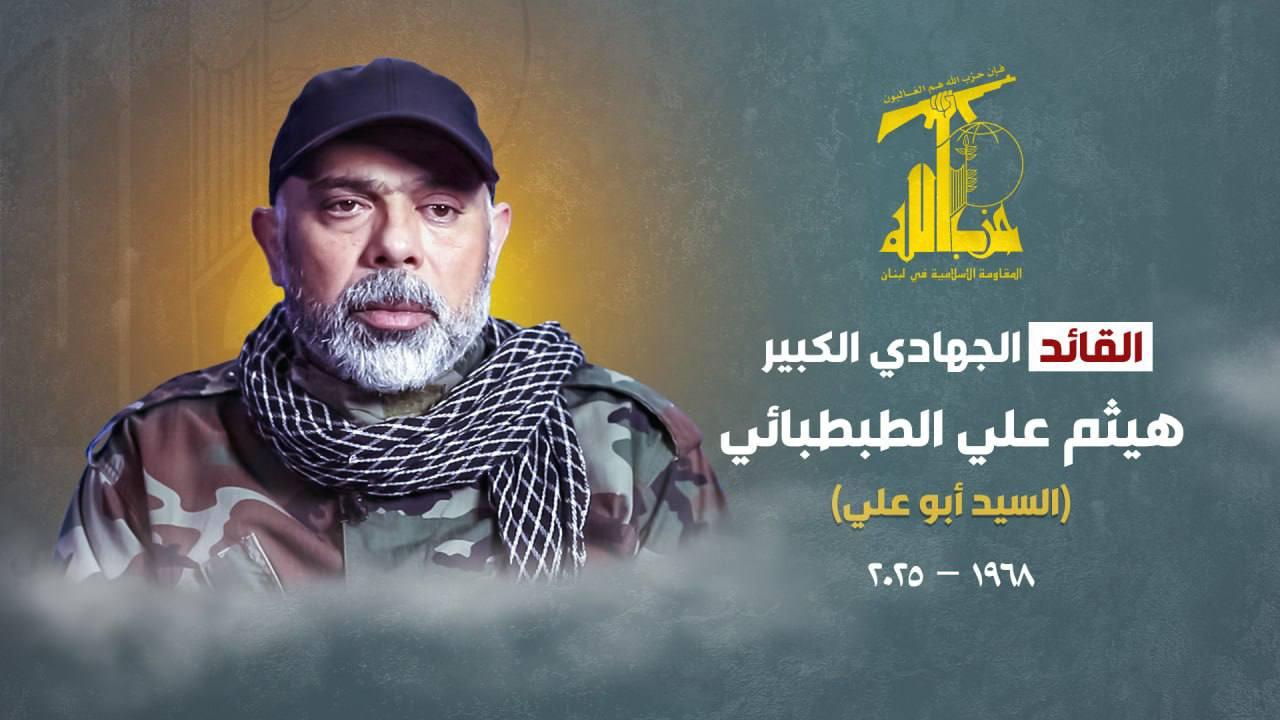
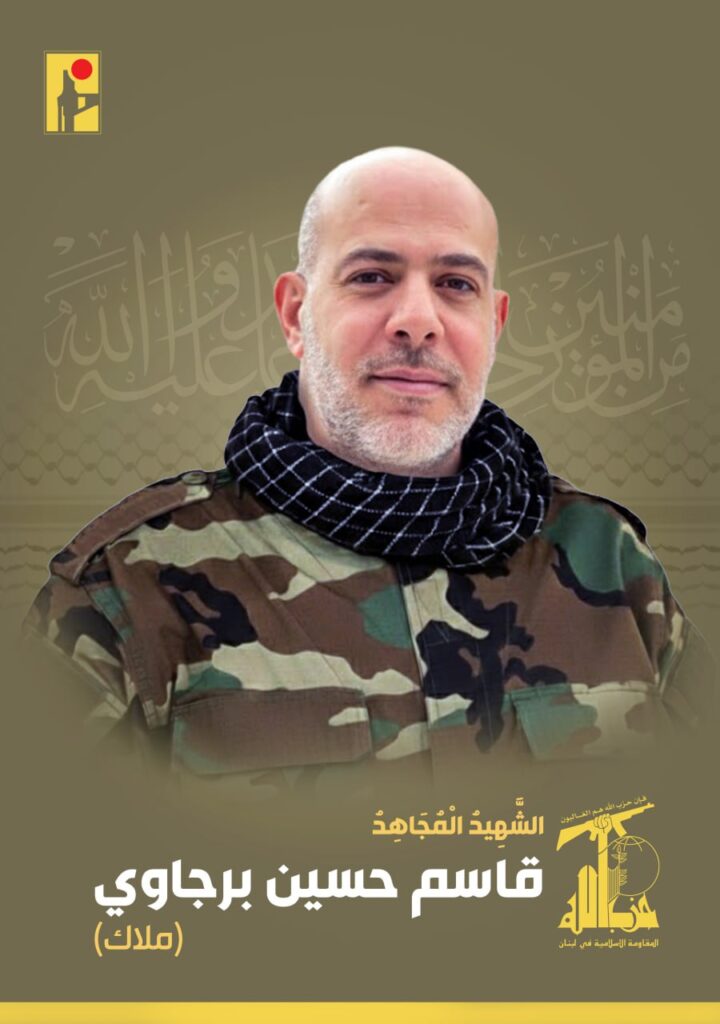
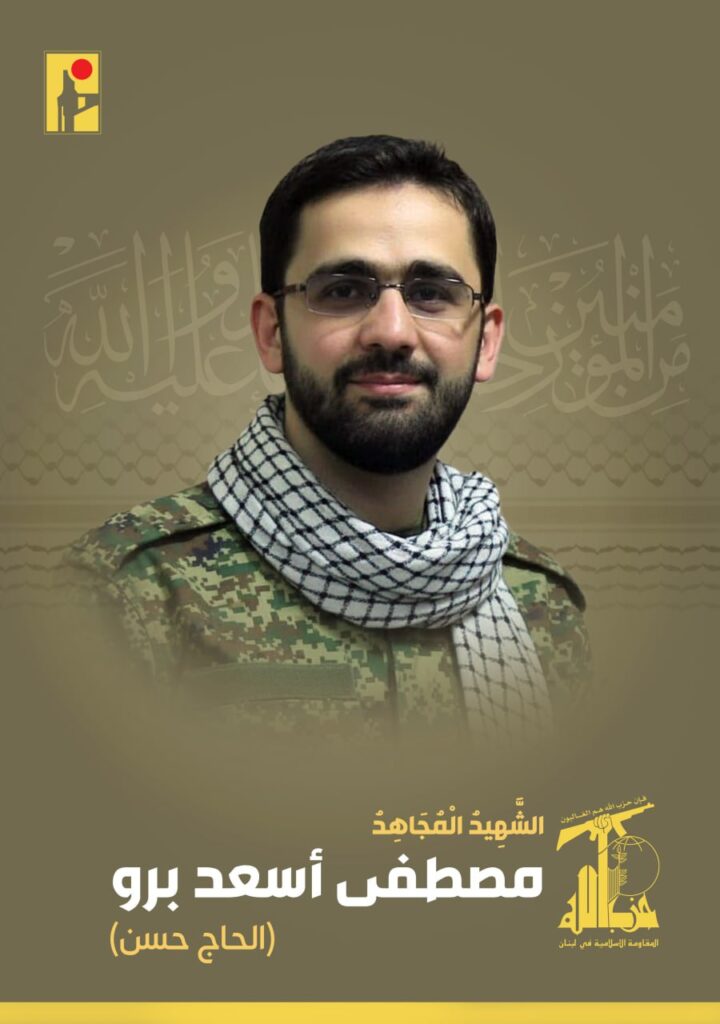
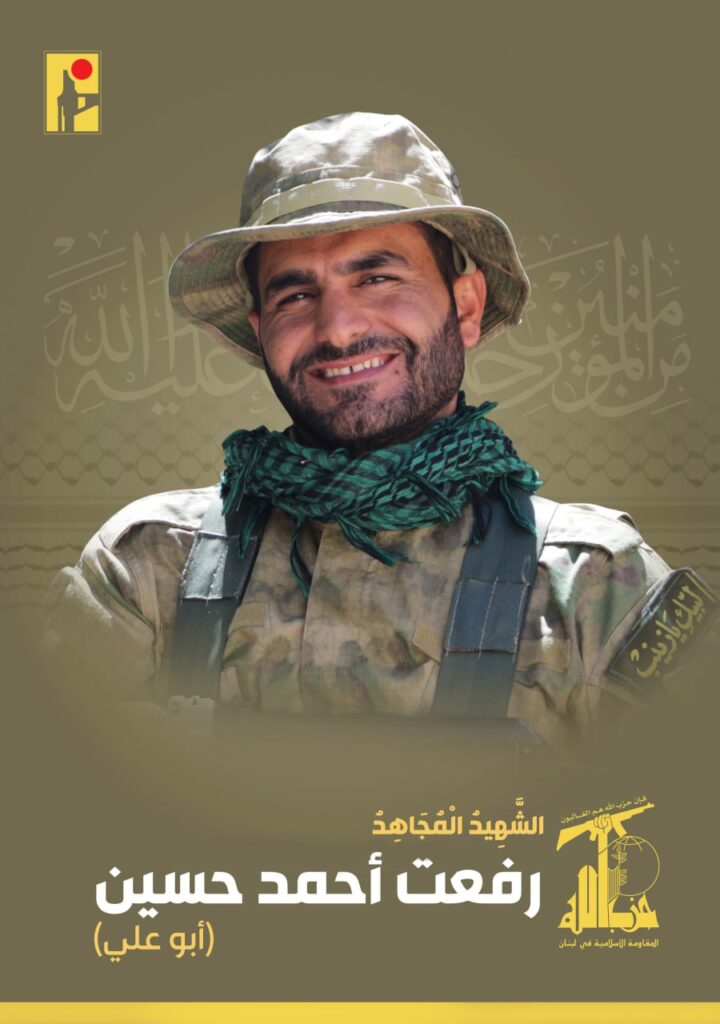
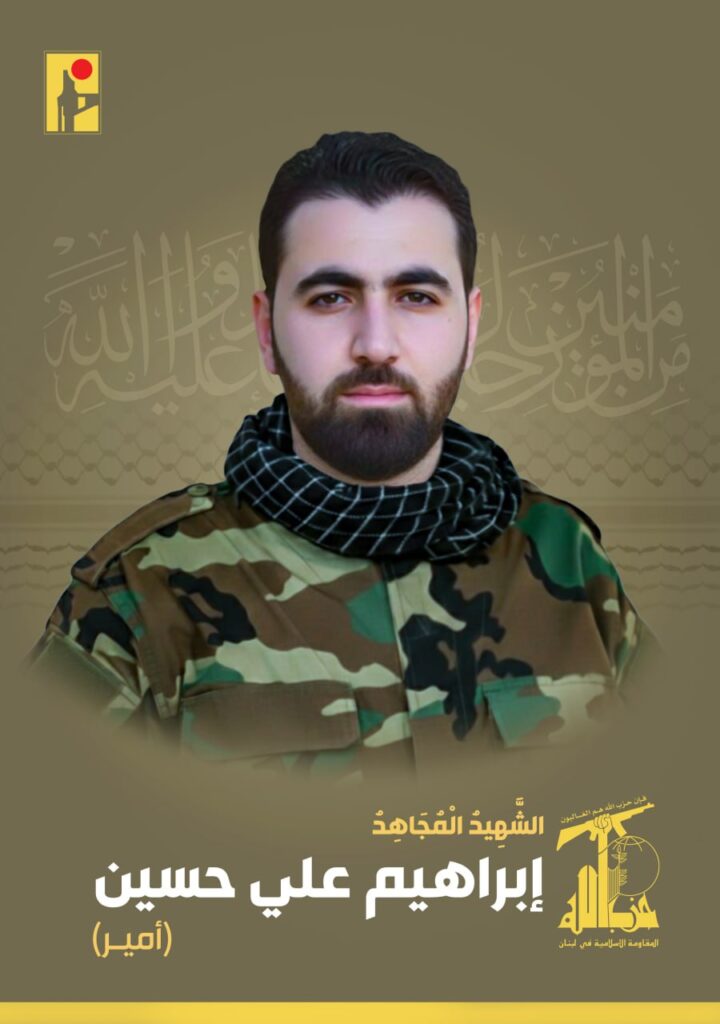
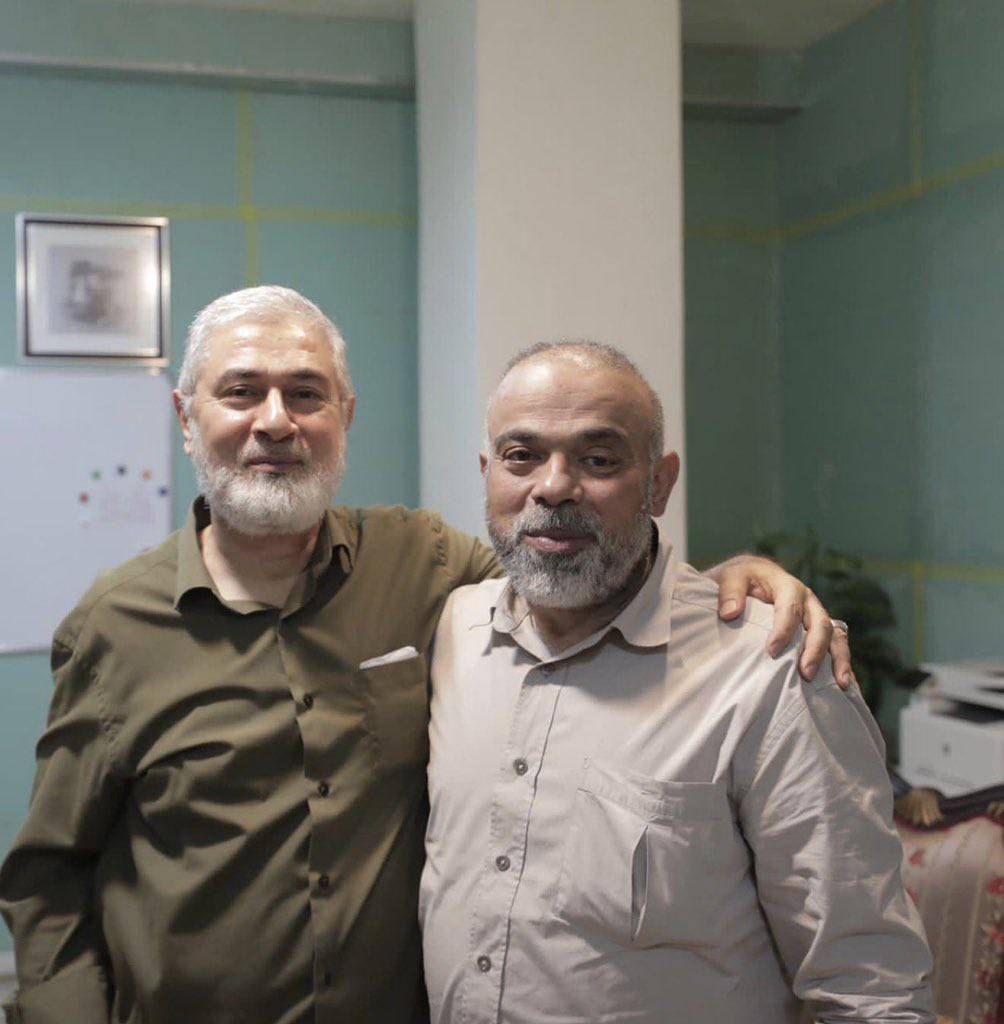
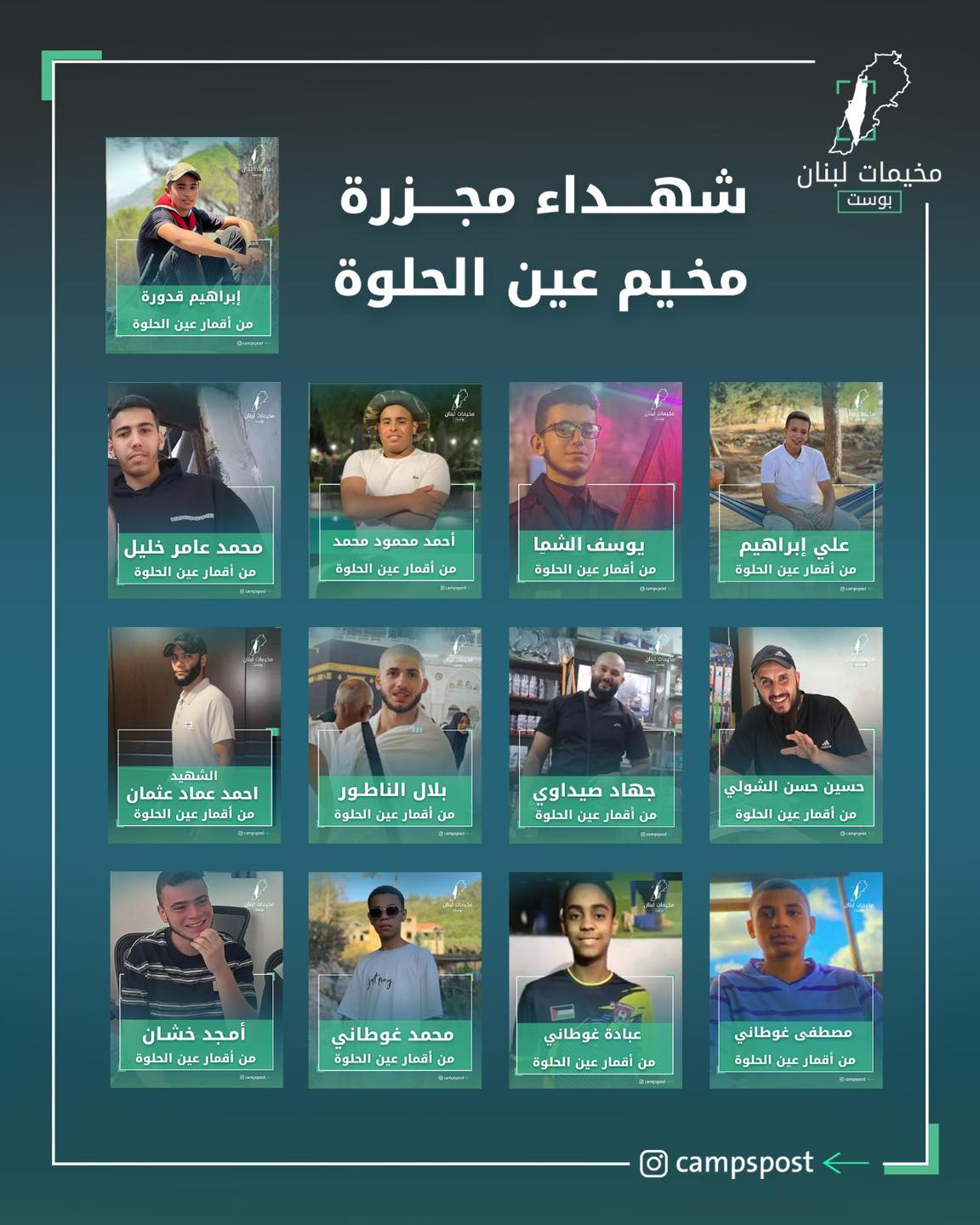
















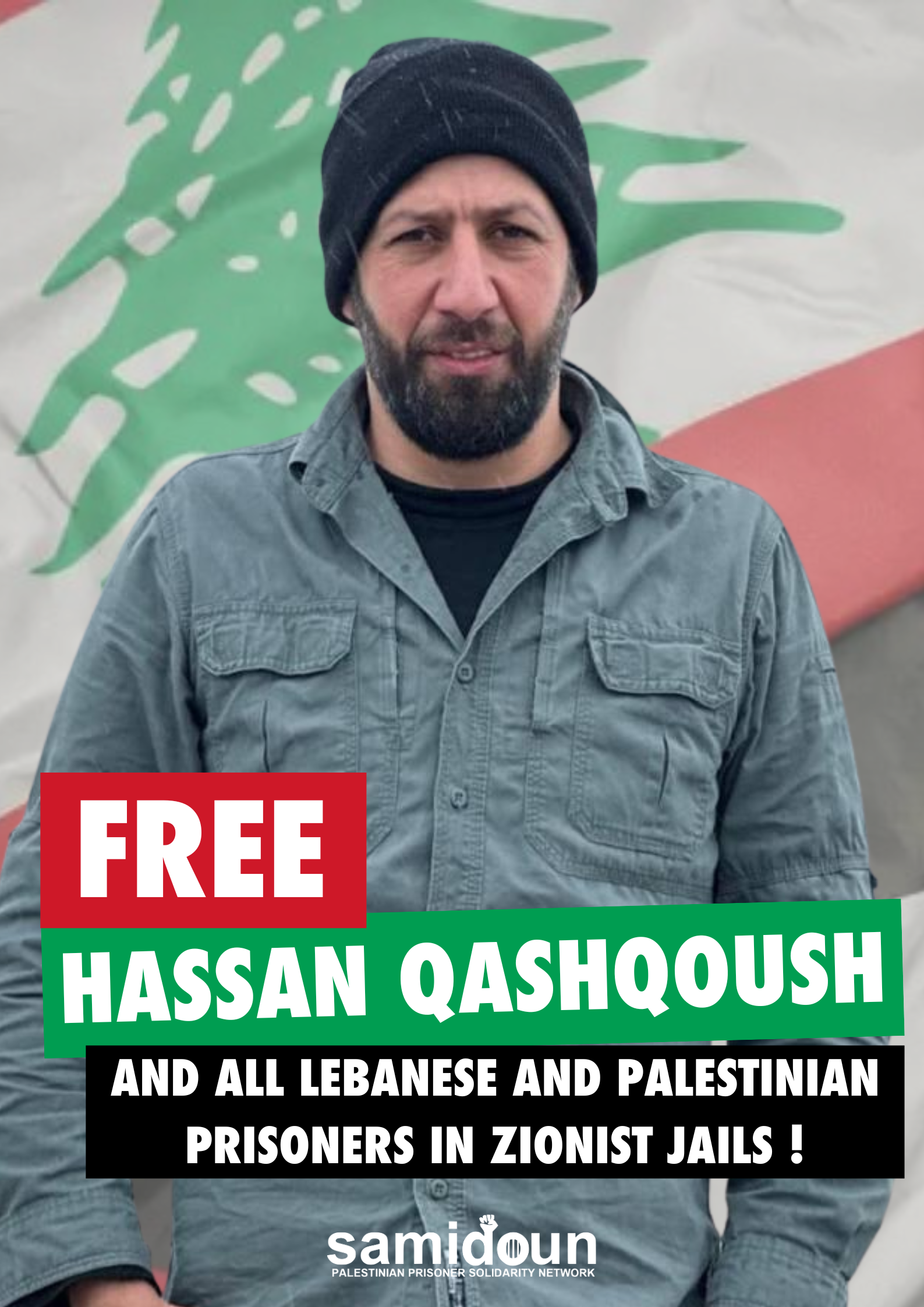
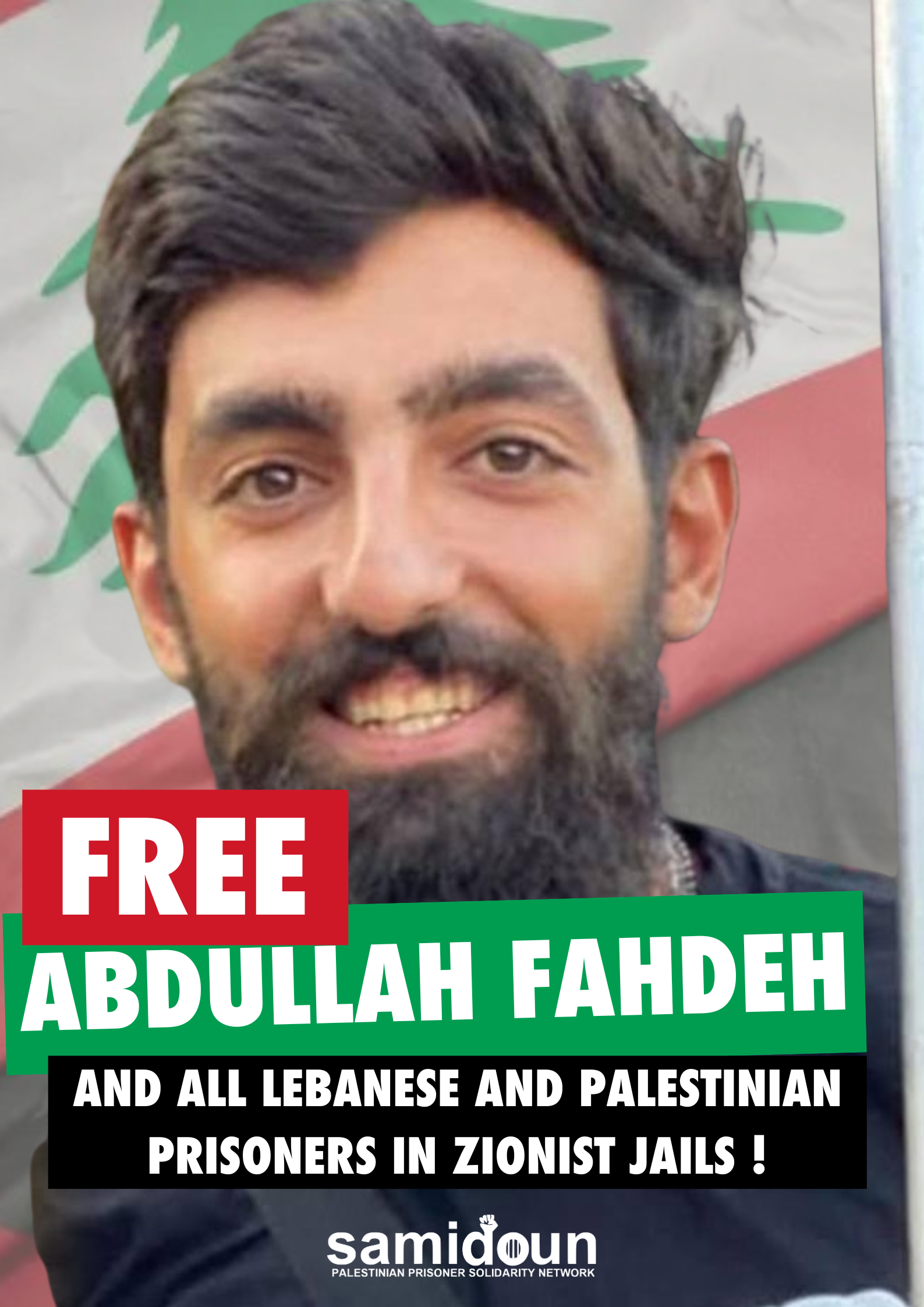
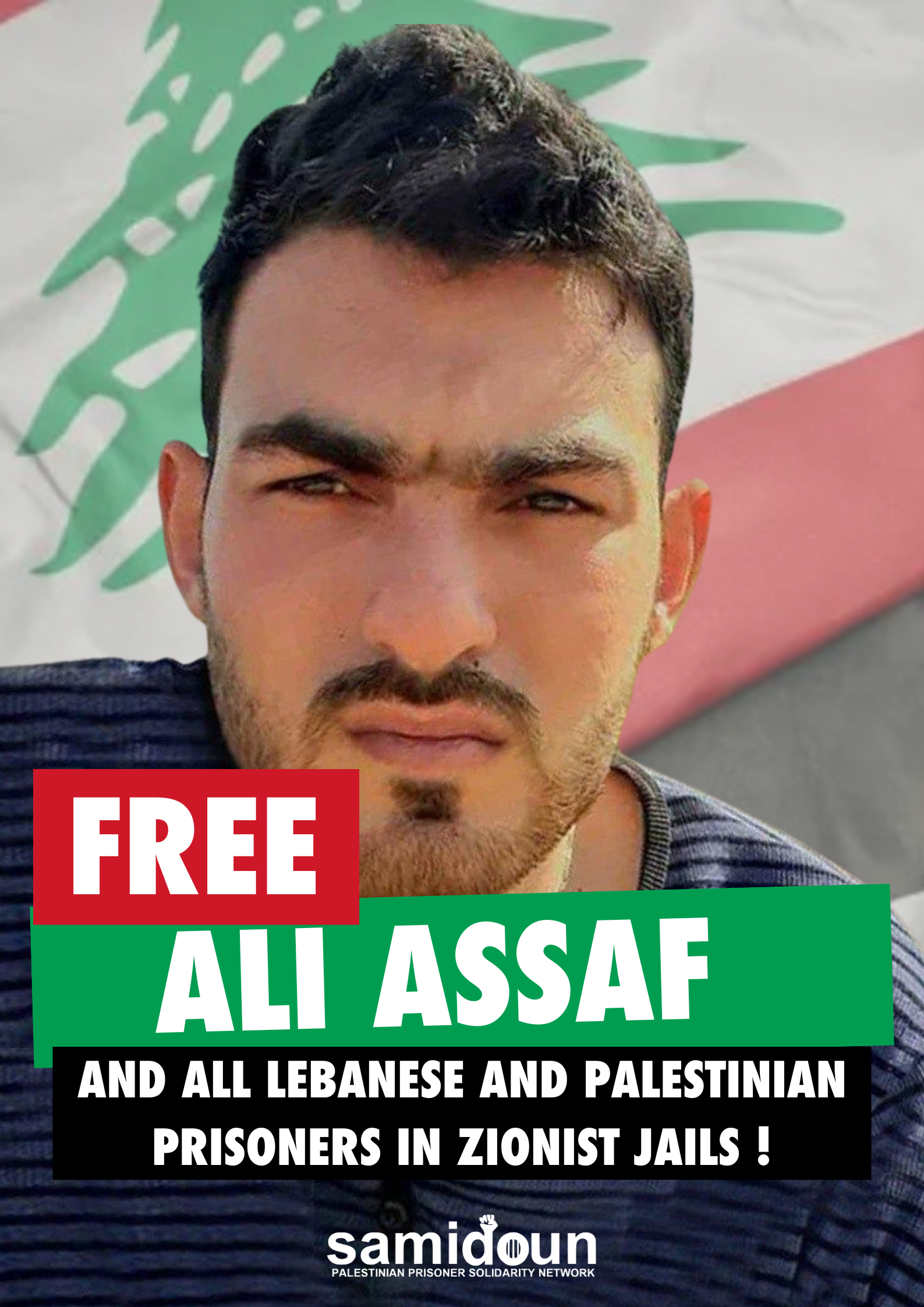
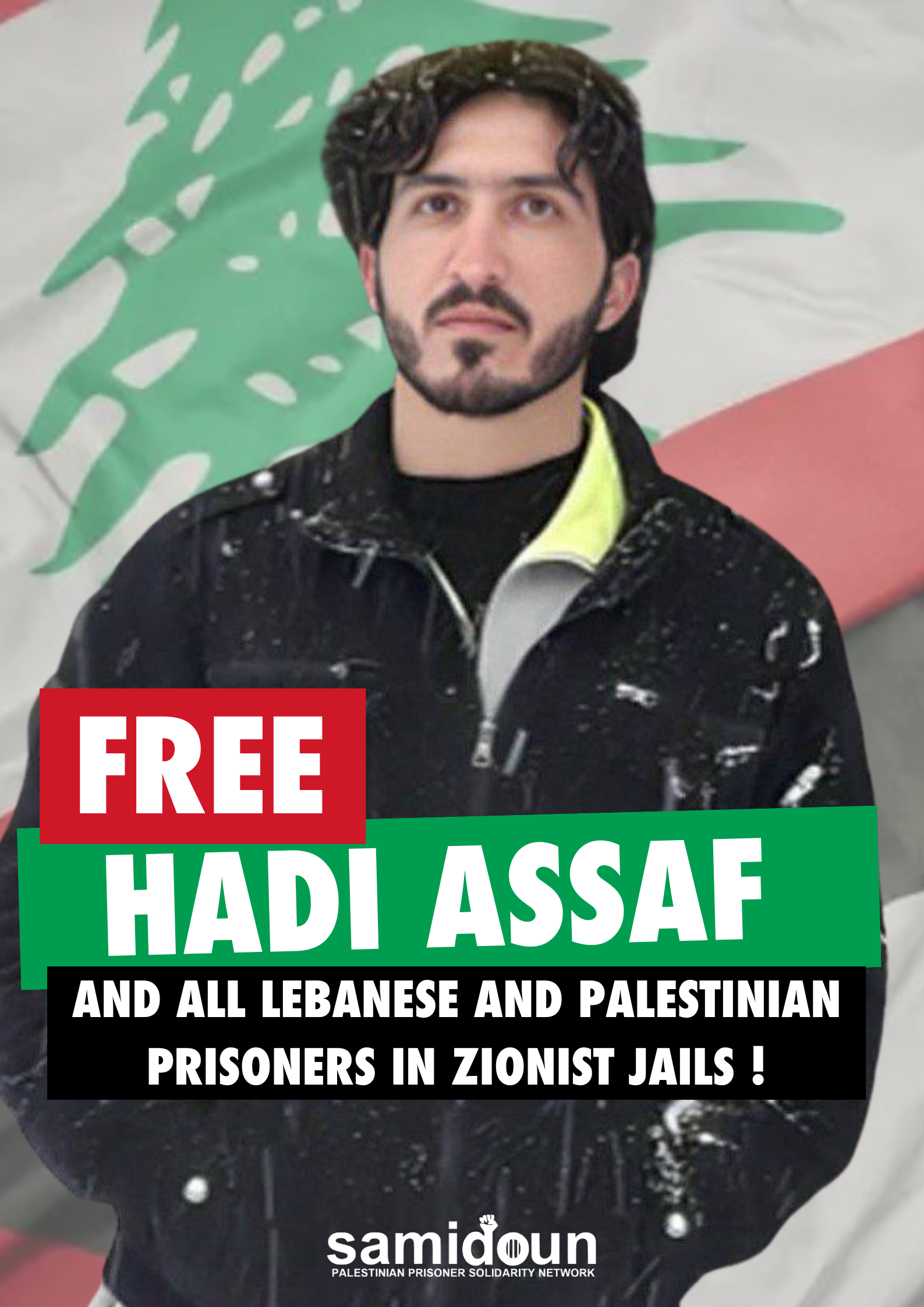
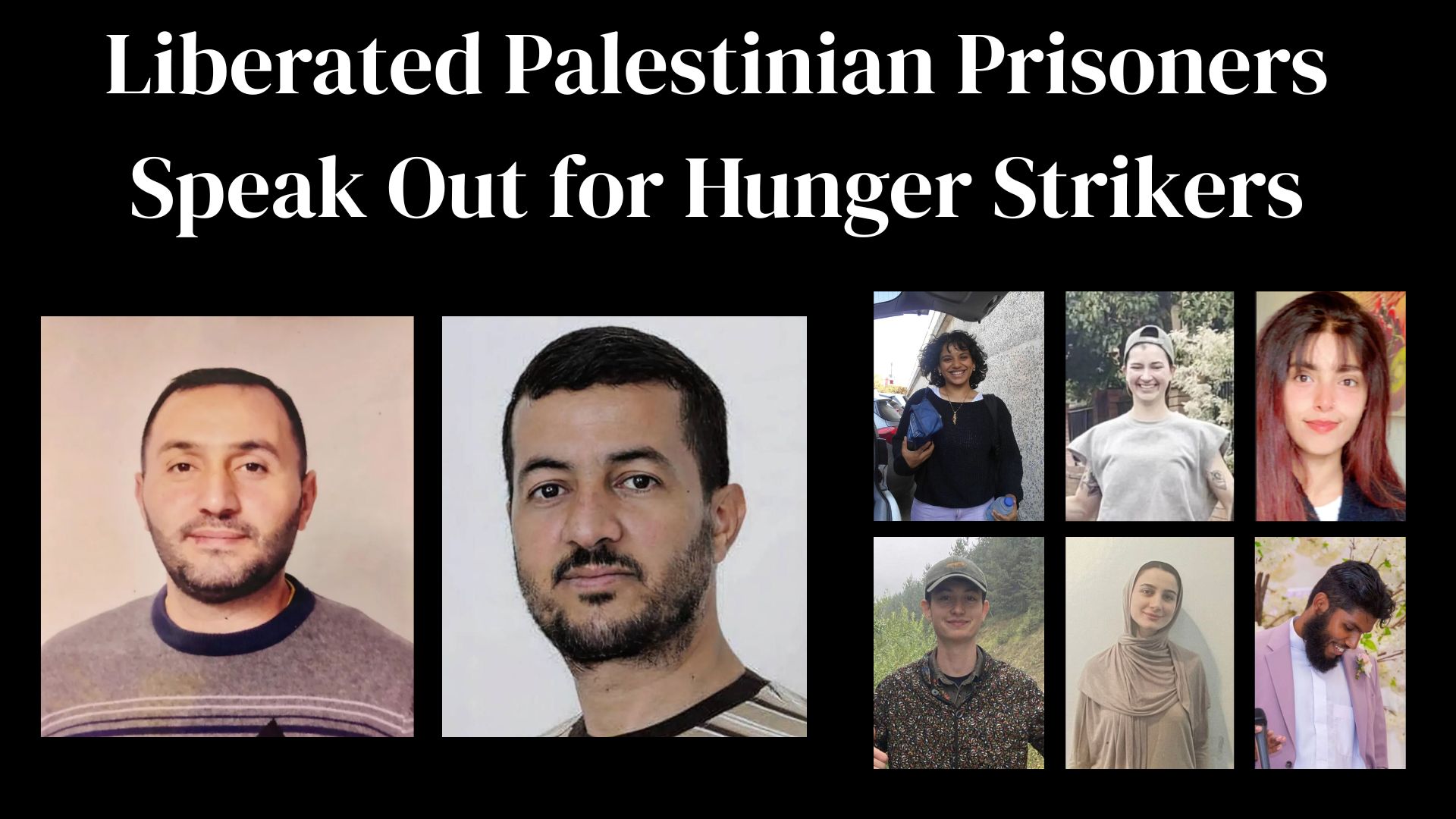
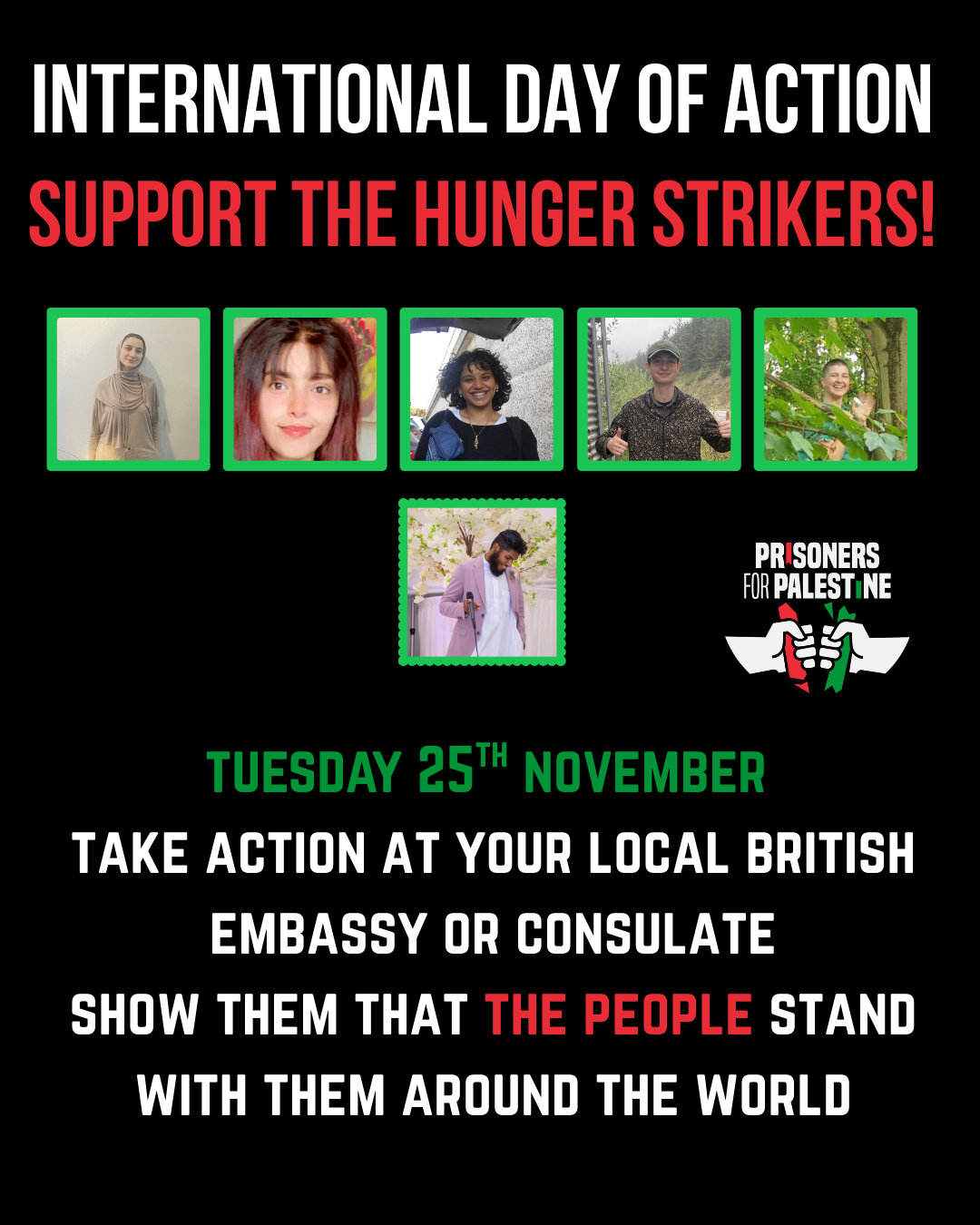
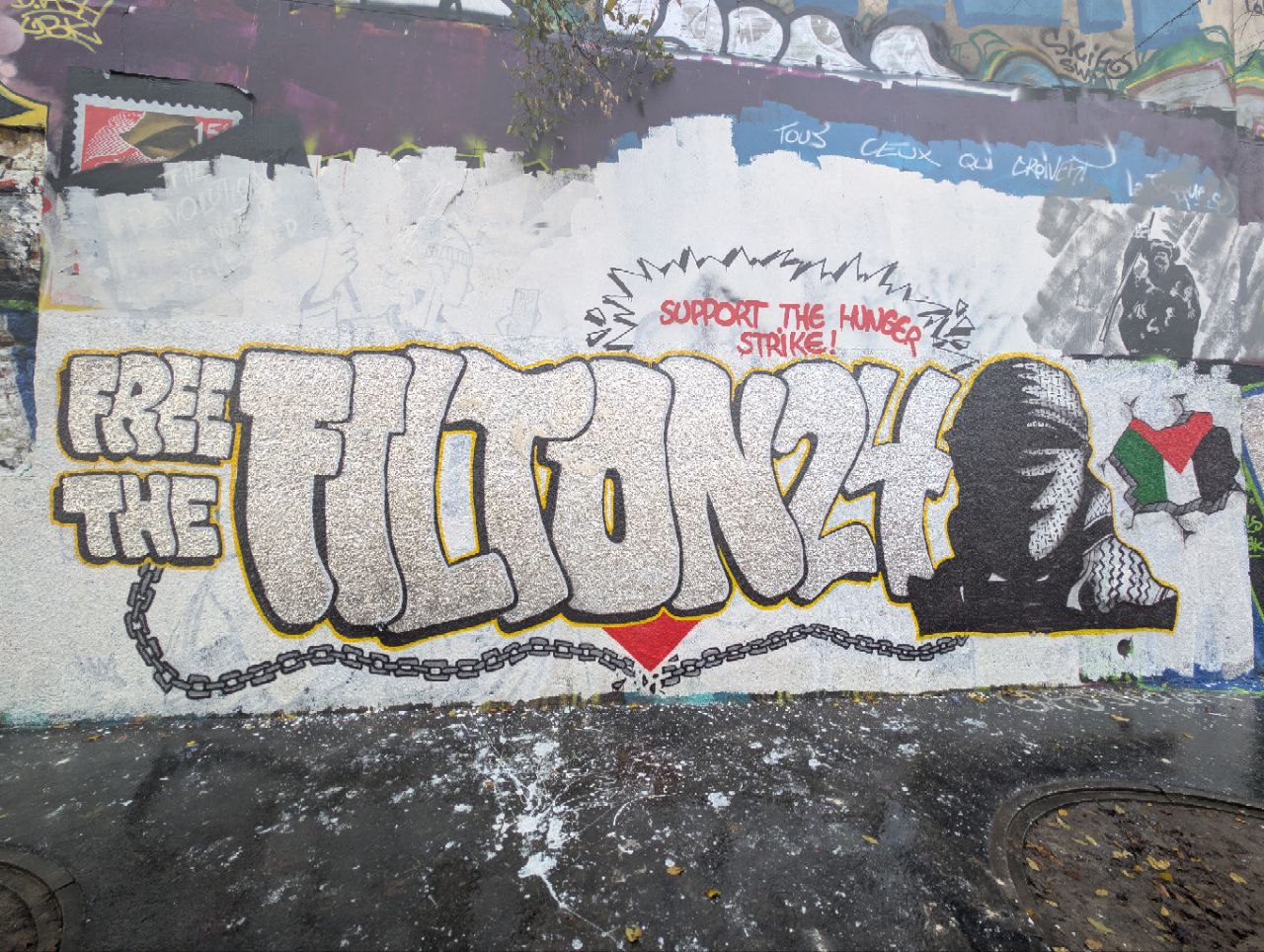


 Sa’adat has been sentenced to 30 years in Zionist prisons for a range of “security-related” political offenses. These charges include membership in a prohibited organization (the PFLP, of which Sa’adat is General Secretary), holding a post in a prohibited organization, and incitement, for a speech Sa’adat made following the Israeli assassination of his predecessor, Abu Ali Mustafa, in August 2001, in which he declared “an eye for an eye, a tooth for a tooth.” In retaliation for the murder of Abu Ali Mustafa, on 17 October 2001, fighters from the PFLP’s armed wing assassinated Rehavam Ze’evi, the notoriously far-right, racist Tourism Minister in Ariel Sharon’s Israeli government, in the Hyatt hotel in Jerusalem.
Sa’adat has been sentenced to 30 years in Zionist prisons for a range of “security-related” political offenses. These charges include membership in a prohibited organization (the PFLP, of which Sa’adat is General Secretary), holding a post in a prohibited organization, and incitement, for a speech Sa’adat made following the Israeli assassination of his predecessor, Abu Ali Mustafa, in August 2001, in which he declared “an eye for an eye, a tooth for a tooth.” In retaliation for the murder of Abu Ali Mustafa, on 17 October 2001, fighters from the PFLP’s armed wing assassinated Rehavam Ze’evi, the notoriously far-right, racist Tourism Minister in Ariel Sharon’s Israeli government, in the Hyatt hotel in Jerusalem. We urge all supporters of Palestine and the Palestinian cause to speak out actively and take action through demonstrations, mass actions and direct actions to confront the abuse of Palestinian prisoners, including Ahmad Sa’adat and
We urge all supporters of Palestine and the Palestinian cause to speak out actively and take action through demonstrations, mass actions and direct actions to confront the abuse of Palestinian prisoners, including Ahmad Sa’adat and 
